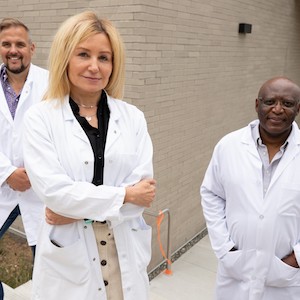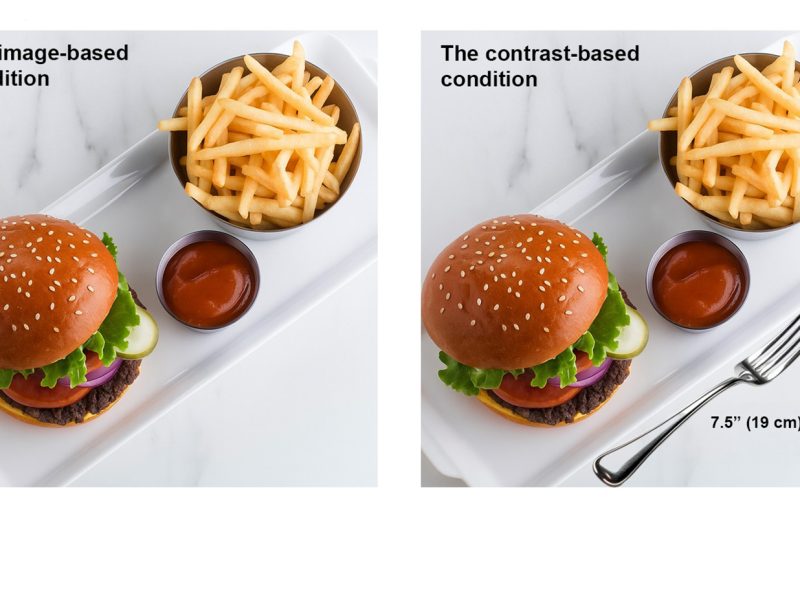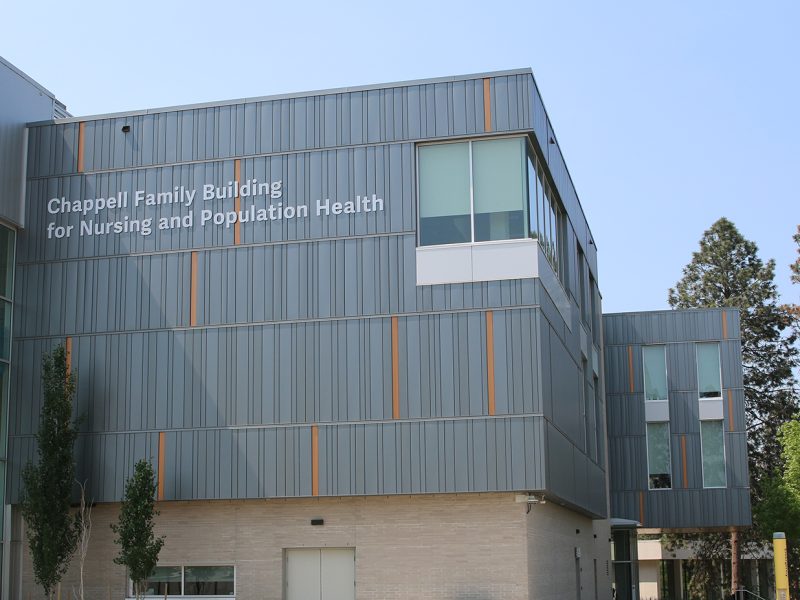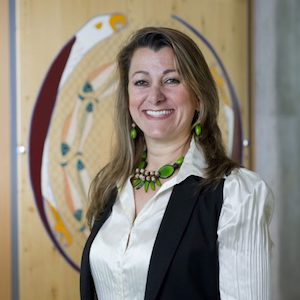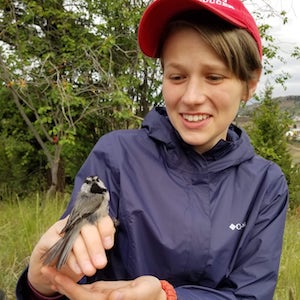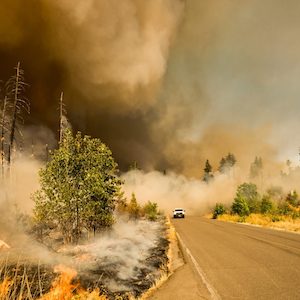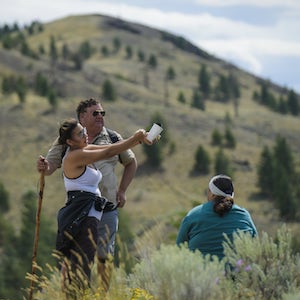Thompson Rivers University recognizes research as a priority area, essential for the maintenance of program quality and currency, student training, institutional reputation, civic engagement and community impact, and the delivery of outstanding graduate programs. In this time of COVID-19 the significance and relevance of our university’s research enterprise has never been more important to the long-term health of our programming and to the challenges experienced by the communities we serve. The Office of Research and Graduate Studies is working with municipal, provincial, and federal governments, funding agencies, business and industry partners, community partners, university partners, the Research Universities Council of BC, and our own university faculties to mitigate the impacts of the pandemic by creating supports and opportunities designed to maintain current research activities and ensure enhanced future research activities, especially in the areas of student research training and high impact experiential learning.
An emphasis on our internal policies and on developing external research partnerships has become increasingly crucial to achieving these ends. The University has initiated policies and Letters of Understanding providing for extensions of internal grants, extensions of Tri-Agency grants, flexibility with tenure clocks and sabbaticals, promotion of government programs (e.g., CERB, enhanced student work opportunities), the continuation of student research funding, and the implementation of new granting opportunities (e.g., The Interior Research Universities Coalition Health Research Rapid Response Fund, established in partnership with BC’s Ministry of Health). Research partnerships are being actively pursued with other government ministries and agencies, and with the City of Kamloops. The Province’s recent allocation of a $5 million endowed Chair in Predictive Services, Emergency Management, and Fire Science is indicative of TRU’s enhanced research profile and our commitment to community collaboration. TRU aspires toward a civically engaged approach to research and research training, seeking maximum impact on quality of life, culture, environmental sustainability, public health, and economic prosperity for our local and regional communities.
As an open access research university, TRU boasts a comprehensive set of assets, including trades training, Open Learning, TRU World, career and vocational laddering opportunities, and outstanding faculty in all the traditional academic areas. Research, broadly defined, is central to our mission, ensuring local and regional relevance, a commitment to community engagement, a continued leadership role in scholarship with impact nationally and internationally—while, at the same time, positioning the successful alignment of research growth within TRU’s foundational goal of supporting student success.
TRU’s newly-developed Vision Statement commits to supporting all members of the University in knowledge seeking, knowledge creation, and creative inquiry, setting our ten-year goal “to be recognized as national leaders in community engaged research and scholarship.” Through our actions and by active engagement with faculty, students, and community partners, we will earn recognition as the most committed and innovative university in Canada for research and scholarship based on community partnerships, for involving graduate students in community-engaged research, and for undergraduate research training.
This annual report is offered as a reflection on and a celebration of the last 12 months—on how the research efforts and accomplishments of our faculty, students, and community research partners are continuing to make a difference locally, regionally, nationally and globally.
Associate Vice-President, Research and Graduate Studies, Dr. Will Garrett-Petts.
